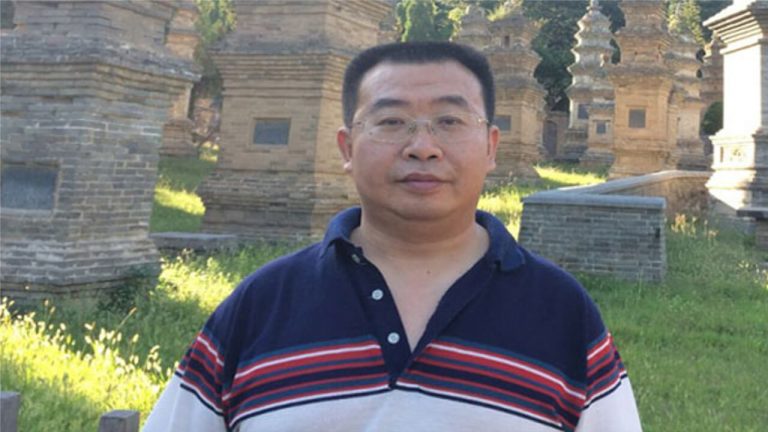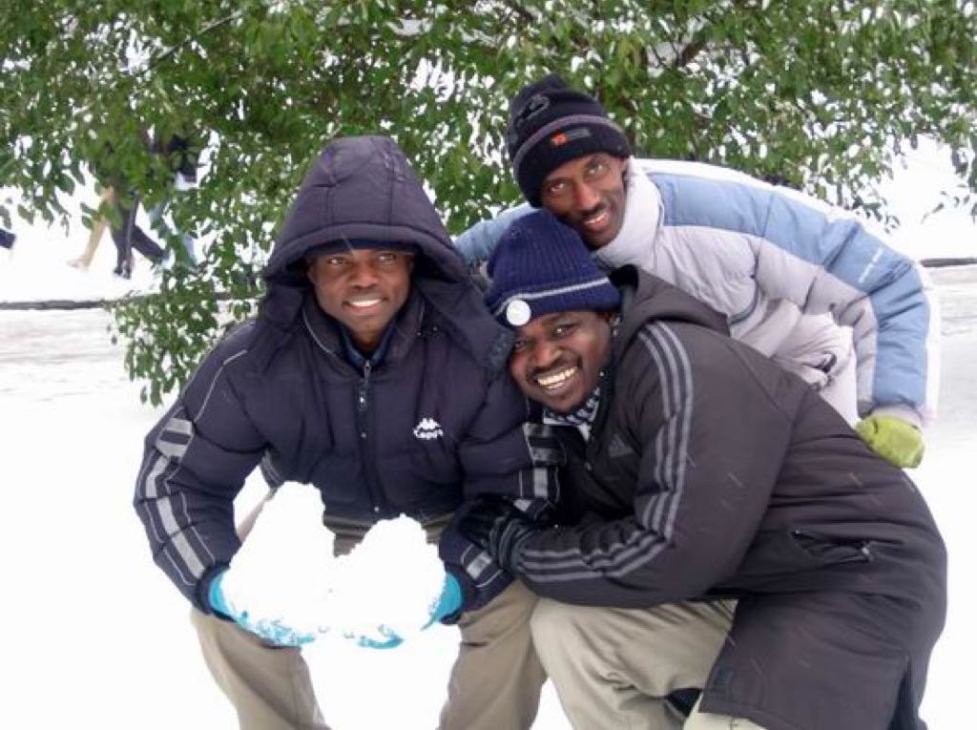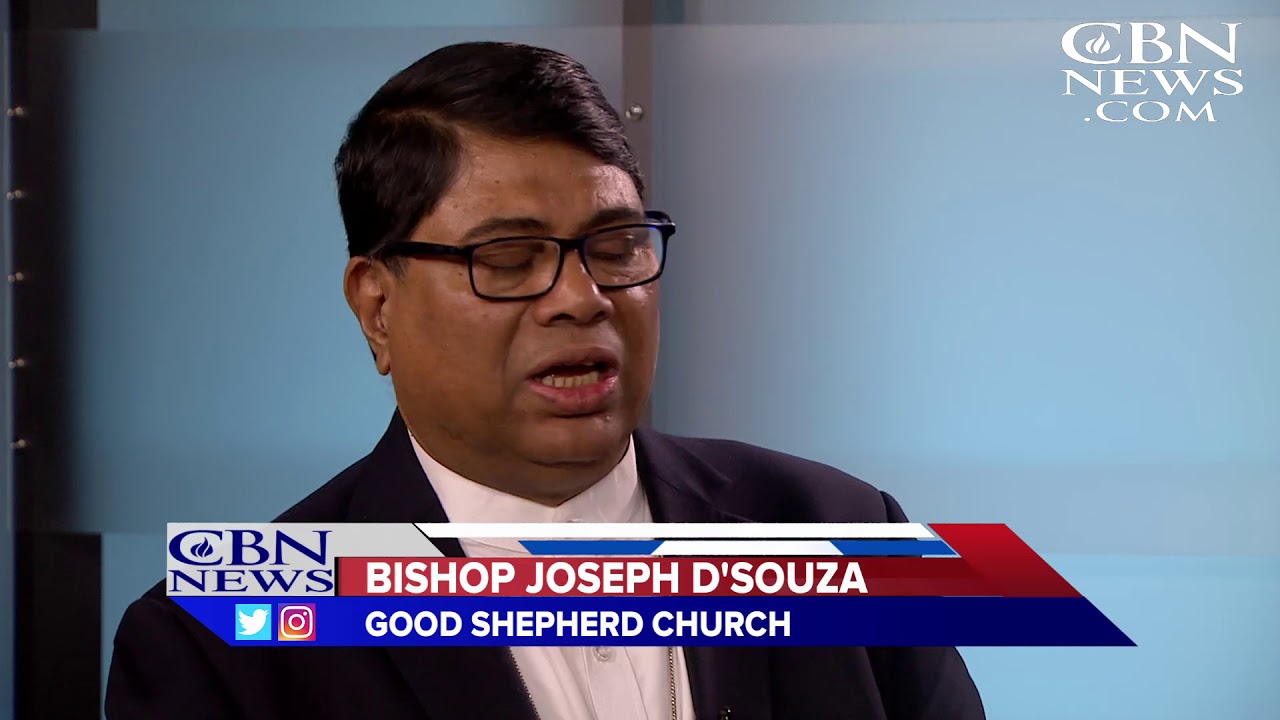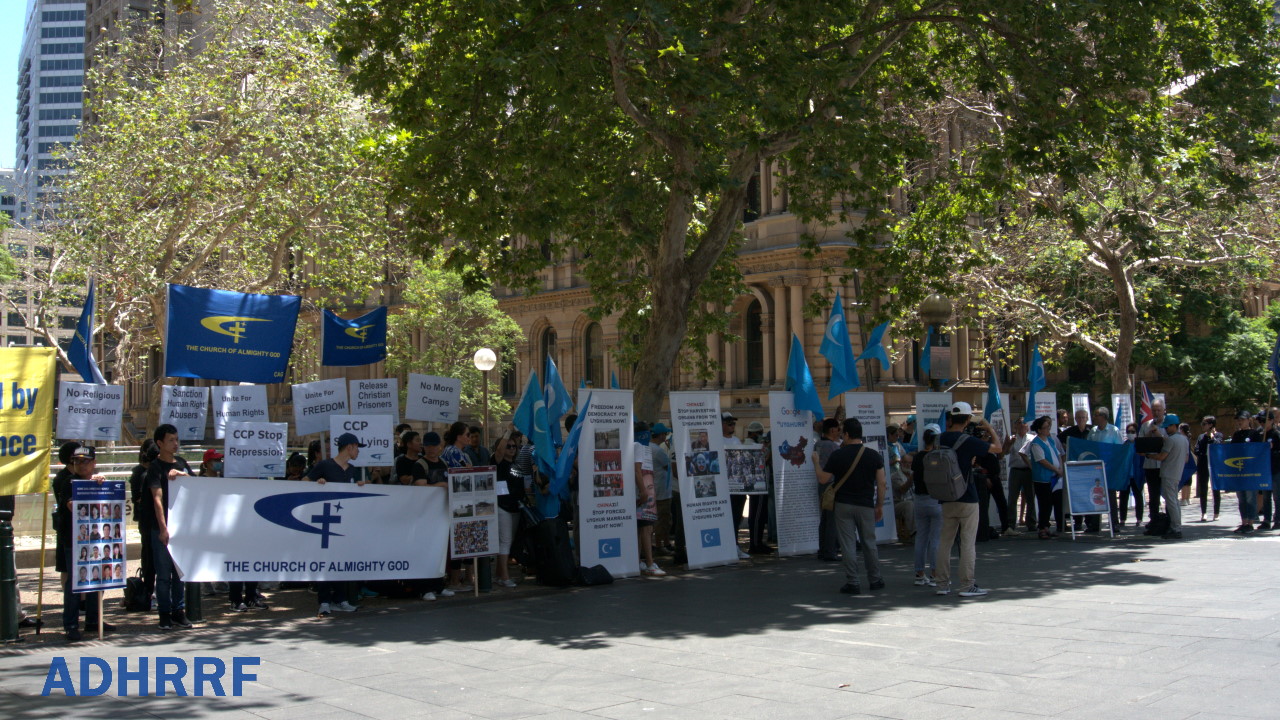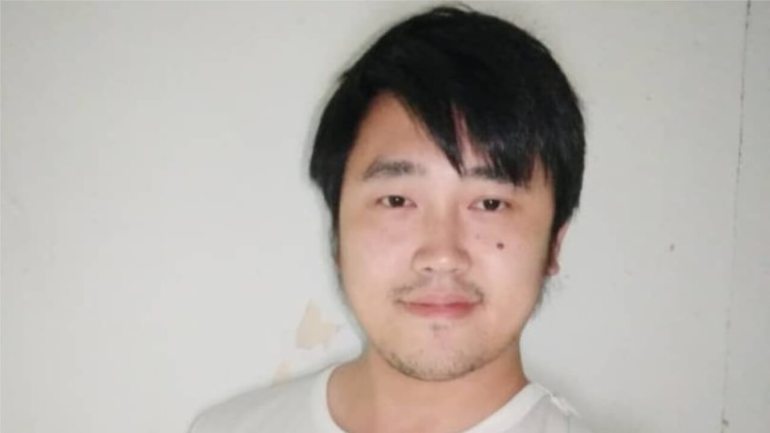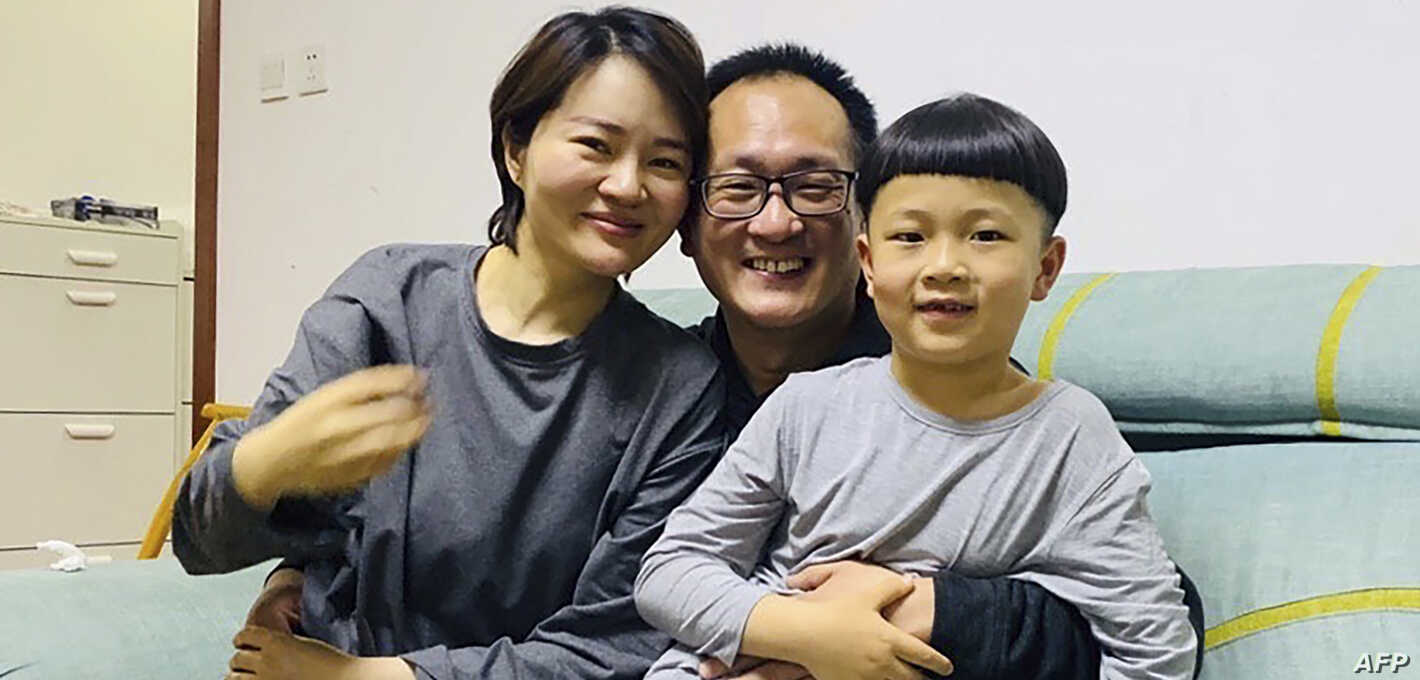Five days before a much-anticipated summit between the leaders of the United States and North Korea, 52 nongovernmental organizations and coalitions sent a letter to the North’s ruler Kim Jong Un on Thursday, calling on him to undertake reforms to end serious rights abuses in the repressive, autocratic nation.

The NGOs, which altogether represent more than 300 nongovernmental groups in Asia, Africa, Europe, Latin America, and North America, are urging Kim to end forced labor and the abuse of prisoners, take action on the human rights recommendations of the United Nations, and provide monitoring of international humanitarian aid to ensure it reaches those who need it.
“As your government undertakes new efforts to increase its engagement with the rest of the world, we urge you to move rapidly to institute lasting improvements to the dire human rights situation in the Democratic People’s Republic of Korea (DPRK),” the letter said, using North Korea’s formal name.
North Korea is one of the most repressive nations in the world, severely curtailing basic liberties, prohibiting political opposition and a free media, and meting out harsh punishments, including torture, rape, forced labor, and executions, for those who commit minor offenses or try to defect.
A 2014 U.N. Commission of Inquiry found that the government engages in widespread rights abuses that also include enslavement, murder, forced abortions, and other forms of sexual violence.
“Finally, as you have pledged to focus on improving the lives of ordinary people in the DPRK, we urge you to take strong and quick action to show the people of the DPRK and the world that your government is sincere in ending 70 years of rights abuses and acknowledging the horrific suffering of the North Korean people,” the letter concluded.
In recent months, Kim, who has been in power for seven years but had not met with any world leaders until 2018, has stepped up his engagement with other countries by holding meetings with Chinese President Xi Jinping, South Korean President Moon Jae-in, and Russian Foreign Minister Sergey Lavrov.
“North Korea’s increased dialogue with other countries is a positive step, but before the world gets too excited, they should remember that Kim Jong Un still presides over perhaps the most repressive system in the world,” said Brad Adams, Asia director of New York-based Human Rights Watch (HRW), one of the signatories of the letter.
“As the U.N. Security Council has recognized, human right abuses in North Korea and threats to international peace and security are intrinsically connected, so any security discussion needs to include human rights,” he said in a statement.
Rights groups and other players in the international community have continued to press the North Korean government to expand its engagement with U.N. human rights mechanisms.
Though North Korea has signed and ratified several human rights treaties that require the country to cooperate with U.N. institutions and treaty bodies, the U.N. Security Council has included it four years in a row on its formal agenda as a threat to international peace and security.
The U.N’s Human Rights Council on March 23 adopted a resolution authorizing the hiring of legal accountability experts to evaluate cases and develop plans for the eventual prosecution of North Korean leaders and officials responsible for crimes against humanity.
Source: Copyright © 1998-2016, RFA. Used with the permission of Radio Free Asia, 2025 M St. NW, Suite 300, Washington DC 20036. https://www.rfa.org.


